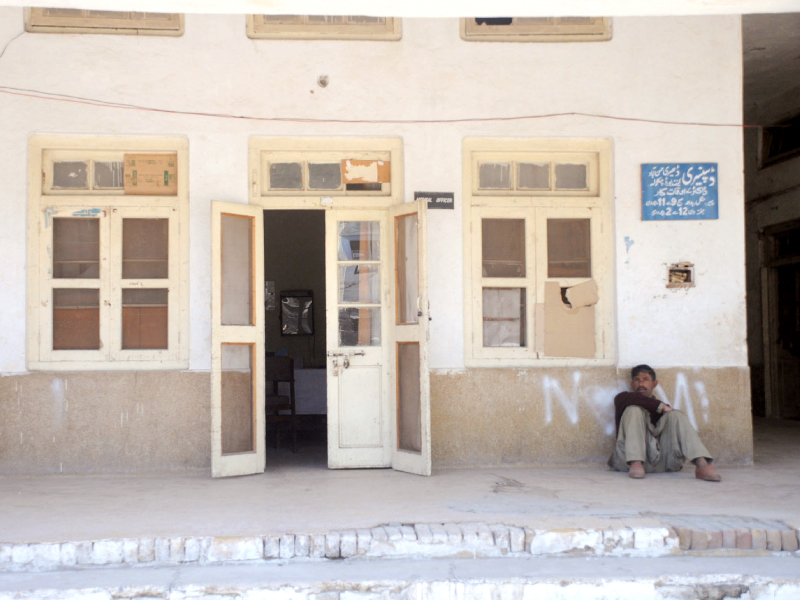
ISLAMABAD:
By the time the 27-year-old pregnant Asma Bibi could reach Islamabad every time from her home in Kotli Sattian, some two and a half hours away from Islamabad, it would be too late. The roads are broken. Transport is not easily available or cheap.
And there is no proper healthcare facility close by to where Asma lives. Asma’s husband is a daily wage labourer. “I have had three miscarriages and I hold the lack of healthcare facilities in my area and a poor transportation system responsible,” she said, explaining the ordeal she faced every time she traveled to Islamabad for prenatal checkups.
Health, in Pakistan, is an expensive idea. Here, health care is not a right but a privilege, afforded only by those who have wealth.
The sixth most populous country across the globe boasting of a population of more than180 million people, Pakistan spent just 0.27% of its gross domestic product (GDP) on health in 2011-12 which is insufficient to cater the needs of the population, according to the Economic Survey of Pakistan of 2011-2012.
The latest findings of the Human Rights’ Commission of Pakistan’s report indicate that Pakistan ranked sixth among the 22 high-risk tuberculosis countries. About 1.6 million cases of malaria occurred annually. One out of every nine women in Pakistan faced the risk of breast cancer which resulted in 40,000 deaths every year, higher than in any other country in Asia.
Numbers say it all
According to the Planning and Development Division, at present there are 149,201 registered doctors in the country which means for every 1,206 people there is just one doctor.
There are just 76,244 registered nurses in the country, and for every 1,665 people there is just one bed in the hospitals.
For a country that has high rates of oral cancer, Pakistan has a total of 10,958 registered dentists, which means for every 16,426 people there is just one dentist. The concept of oral healthcare is considered a luxury for most.
Talking to The Express Tribune a senior doctor at Pakistan Institute of Medical Sciences (PIMS) who wished not to be named, said that “with each passing day patient burden is increasing on public hospitals and needy patients are suffering due to a shortage of doctors and beds.”
Dr Nabeela Ali, Chief of Party for USAID - Technical Assistance Unit for Health, shared some shocking statistics about the state of the public health in Pakistan:
• There are only 6,000 midwives serving 180 million people instead of the required 60,000
• Of the $22 (Rs 2,200) spent per person annually on health, $14 (Rs1,400) is out-of-pocket expense and only $8 (Rs800) are contributed by the government.
• Only 47% is the coverage level of immunising children under the age of five.
Travel Woes
Asma Bibi is just one case in point. A majority of patients come to cities from far-flung areas because of the pathetic healthcare facilities in their areas. “Doctors are reluctant to be posted at rural healthcare centres because of poor living conditions in villages and lack of incentives for them,” said the doctor from PIMS.
A staggering 35% to 45% deaths in district headquarters’ hospitals take place due to unavailability of health services, around 5% of people die while travelling mainly because of poor transportation system.
A devolved health ministry
“In the post-devolution period (of the health ministry), the performance of vertical health programmes have faced many challenges such as limited flow of funds, lack of ownership, weak monitoring and sustainability,” said Qadeer Baig, country representative, Rutgers WPF, Pakistan.
Today, one of Pakistan’s major challenges is healthcare. “Whose responsibility is it?” said Dr Ali.
Published in The Express Tribune, April 7th, 2013.
COMMENTS (4)
Comments are moderated and generally will be posted if they are on-topic and not abusive.
For more information, please see our Comments FAQ





































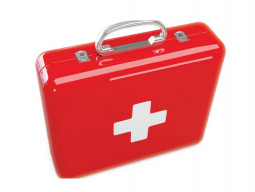




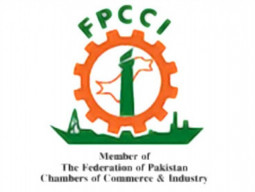
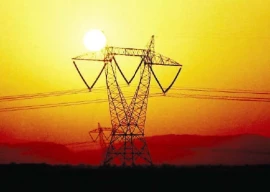

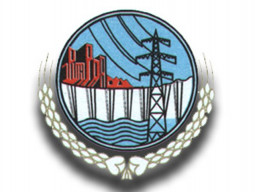
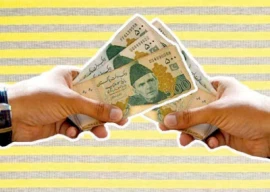




















we got independence much after pakistan and today our maternal and infant mortality stands much lower than pakistan.....:D
This is only the tip of the iceberg. Even the existing infrastructure (however inadequate it may be) is very underutilized. It doesn't help that most female medical graduates have no intentions of practicing. Government-funded medical colleges should mandate at least a few years of medical practice is government hospitals before graduates are awarded a permanent degree or make the graduates cough up their fees if they do not want to do so.
"Of the $22 (Rs 2,200) spent per person annually on health, $14 (Rs1,400) is out-of-pocket expense and only $8 (Rs800) are contributed by the government." And how much per person is spent (wasted) on the army each year? Don't worry we have the bombs and other WMD. The civilians can go to combined military hospitals which have the best facilities in the world.